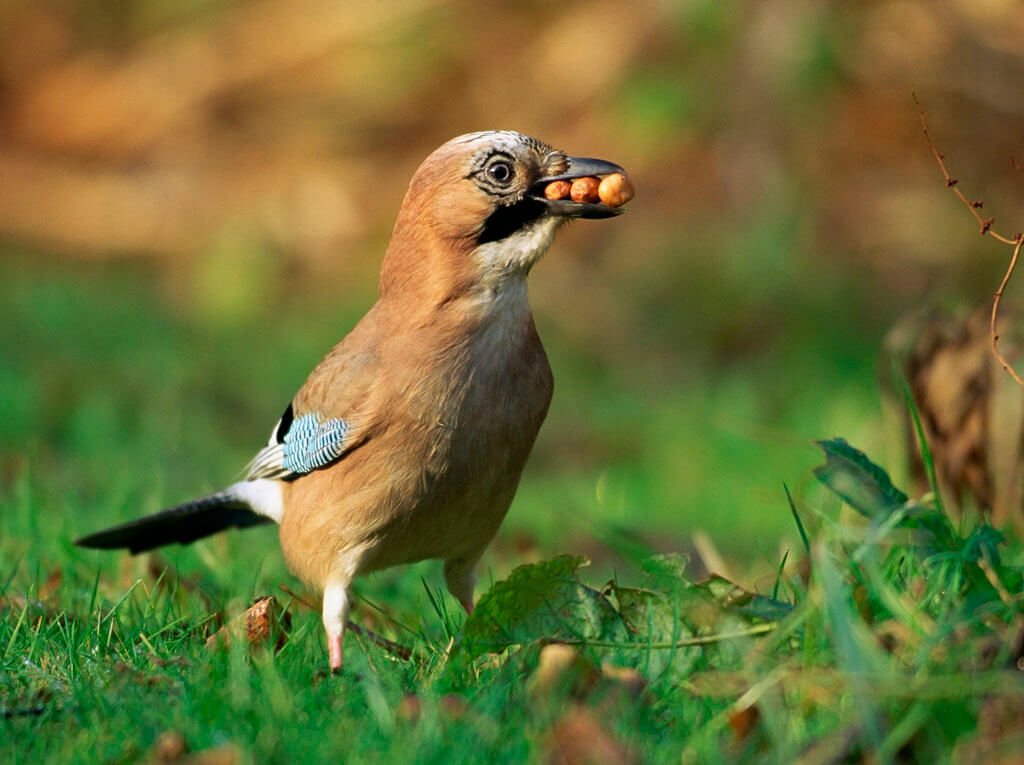
The consultation on general licences, released on Thursday by Defra, looks very promising.
You can read all the questions and think about them here without having to start filling in any of the information. And that means you can have a long think about them and maybe even come back to this subject in November rather than rush into it. The consultation closes in early December.
It is striking that the consultation requires views to be supported by evidence and there is the slightly stern warning that ‘These will only be registered if you give reasons why‘ which should weed out quite a lot of unscientific bluster on the subjects.
We are also asked for our views species by species (with the appropriate evidence) including whether we believe that a species should be covered by a general licence for a specific situation (such as being a conservtion problem). This is good.
The consequence of this approach is that ‘evidence’ such as that of the GWCT, which blurred the science and talked often of ‘corvids’ rather than of the individual species, or of ‘predator control’ without distinguishing between the impacts of mammals and birds (see here for Wild Justice’s analysis of the GWCT evidence), will be clear for what it is – a threadbare case for the inclusion of Jay, Rook or Jackdaw as species which should be killed under general licence for conservation purposes.
Reading the consultation gives me the impression that it is a serious one. The questions are framed to get science on the subject and to enable the case for the delisting of some species if the evidence does not support their inclusion. There will be plenty of scope for spelling out the science that shows the weakness of the case for including a species on the general licence in order to conserve wildlife and also to suggest that if there are circumstances under which a species is occasionally a problem this can be perfectly adequately covered by the specific, case by case, system that applies to all other bird species and where the onus is on the person applying for a licence to provide the evidence of harm and of non-lethal methods having failed.
I would hope that the RSPB and even the BTO will be briefing their members as to how to respond to this consultation. I’m perfectly sure that shooting and farming organisations will be doing so. Wild Justice will also be briefing its supporters.
[registration_form]
Should these animals not have their value taken into account?
For 360 days a year, they do positive work- feeding on pest species and tidying up waste. Currently there is absolutely no consideration of this effort. If they are removed, who bares the cost of their absence?
It does seem as though this could be a step forward towards a more rational and science based system, which I guess is progress. I look forward to commenting on the Defra consultation but as you say Mark, the average person keen to reduce any killing to the absolute minimum will need some support information from conservation organisations to include a sound scientific reason for stopping the killings.
‘These will only be registered if you give reasons why‘
It’s a shame the same system doesn’t work with the ‘dislike’ funtion on your blog, Mark.
But then the same would surely need to apply to the ‘likes’ as well? Currently there are 47 ‘likes’ for this post but only three written comments so a large majority of people have expressed approval without wishing to go into further detail. The like and dislike buttons are there for anyone to show approval/disapproval with a single click and no more and it’s fair enough if some readers use it to vote against the general body of opinion. As it’s only a small minority why worry about it? By complaining about them it just tells them they are getting under your skin.
You could always use the comment function to explain why you do not like a post or comment. Simples.
‘These will only be registered if you give reasons why‘
While I recognize the benefits, as you have discussed, of this statement being included, I must also admit to being somewhat intimidated as an ordinary member of the public and potentially put off responding to the consultation due to my lack of specific specialist knowledge on this subject. I look forward to reading guidance on how to respond from you, Wild Justice and others, and hope that that will be sufficient for my own response, but this will undoubtedly put off others on both sides of the fence – particularly those of us with sufficient understanding to recognize our own insufficiency!!